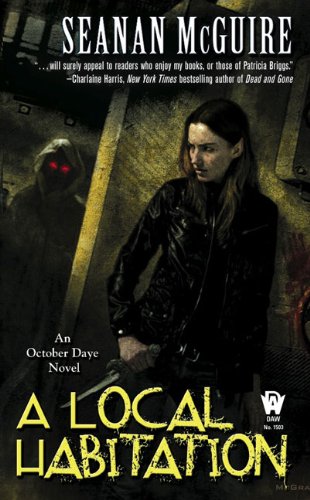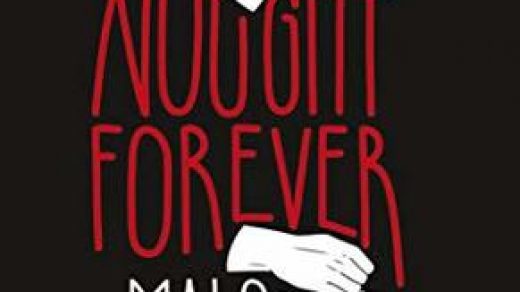ISBN: 009975181x
Read with HistoricalFavorites
Marco da Cola, gentleman of Venice, respectfully presents his greetings.
This was a wonderful read. When I first started it I had no idea[1] what to expect; I knew nothing about it apart from the fact that it was an Historical Favorites pick and so, most likely, an historical novel :). It opens with Marco da Cola setting down his recollections of his time spent in England. He travelled over in an attempt to help with his family’s business troubles. However there was little he could do and soon he found himself in Oxford among the professionals there and became embroiled in the case of Sarah Blundy, and the possible murder of Robert Grove. As well as delving into medical experiments with blood transfusion.

An instance of the fingerpost by Iain Pears
It is a book that made me so very glad that I live in modern times, the way all these “great and noble” men dismiss the ideas of women, simply because of the sex of an individual is infuriating. But they are of their time and culture. As is amply demonstrated by the extent to which religion and superstition dominates their lives. The hatred of the “papist” is everywhere in England, and any deviance from the established religion is one looked upon with great superstition and distrust, even if that deviance is science. For where matters of science and religion divide the majority would trust to religion rather than science.
I really don’t want to give away too many details, or even reveal who the other 3 narrators are. I think that this book benefits from an open mind and not knowing who did or saw what. It is after all, a murder mystery, and there is no fun in knowing the details before you’ve even begun to read, is there?
Other reviews: Steven Wu’s Book Reviews ; Vules libris ; Mae’s food blog ; Fuzzy History
- I didnt even know what the title meant, not really ↩





I've had this on my shelf at home for years and have never gotten around to reading it. I suppose the fact that the book is so thick has put me off a bit. I needed the right time to read it and to lug it around with me. Another blogger just reviewed this one recently and now with your review, I am thinking I need to find the time to read this one this year.
Kathleen´s last blog post ..A Non-Fiction Wrap Up After a Long Absence
It is a big book. Loads of pages, and more importantly, loads of ideas. It requires a lot of time, but it is time well spent :)
I still don't know what the title means and I read the book. I liked the 'twists' that came with each new narrator's revelations about the events. I didn't much like the main female character – that would be Sarah, right? She just didn't seem like a real person to me, but some idealized sort of person.
Christy´s last blog post ..The Haunting of Hill House by Shirley Jackson
A fingerpost is an old word for a signpost. So signpost might point in one direction, another in a different. Just like one point of view points to one thing and another offers a different interpretation.
Or a cross/crucifixion which has some relevance for the story line. :)
I have to say that I liked Sarah. We never really got to *know* her, because everything about her was described by other people, but I still liked learning more about her.